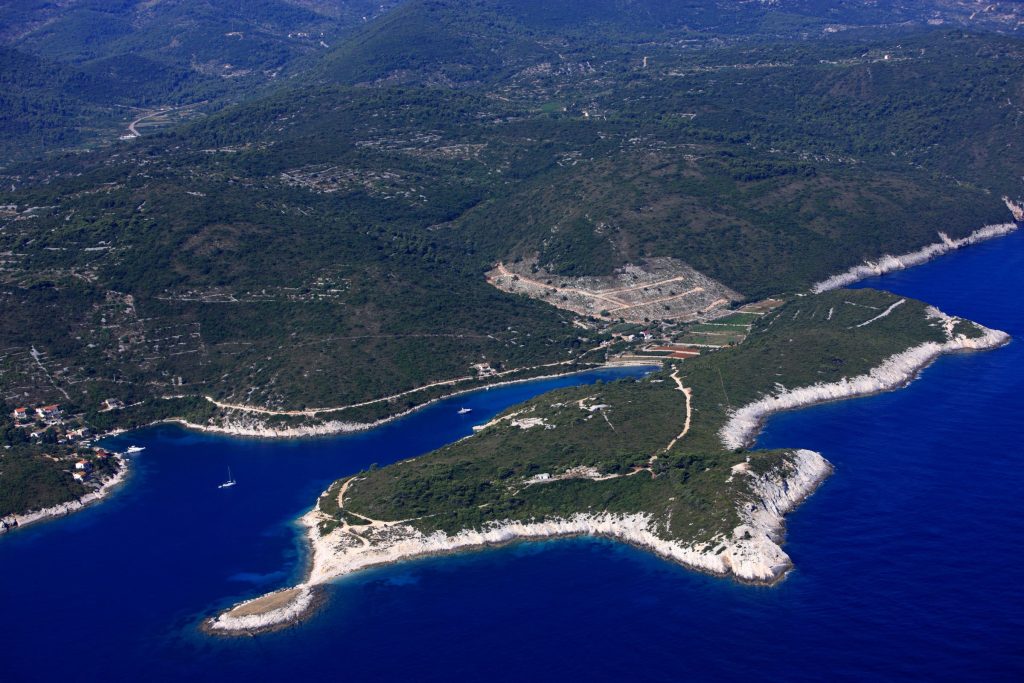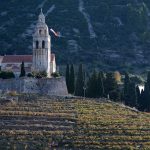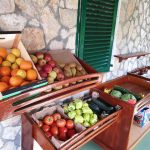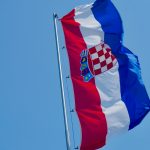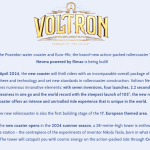As Poslovni Dnevnik/Ivan Tominac writes, the initial phase of the EU Island Clean Energy Secretariat has proved successful. A number of new energy projects and activities have been launched, in which the Croatian association Pokret otoka (Island movement) has also been active. Given the effectiveness of this kind of network, the European Commission (EC) has launched the second phase of the work of the Secretariat for Clean Energy of the EU islands.
They continue to cooperate with Pokret otoka as a regional partner that will represent and support the Croatian island energy transition over the next two years. For the aforementioned phase, in the spring of 2021, a call for projects will be announced for which the island’s stakeholders will apply with their various project proposals, and the added value they will receive will come in the form of professional technical assistance.
Workshops have been announced that aim to engage island communities to act at the local level and take on a coordinating role in numerous Croatian island energy transition projects. Among other things, the Islands Think Tank will gather from all levels of government – a group whose task is to discuss both the legal and regulatory barriers to the transition to clean energy on the islands.
Support in this work consists of finding sources of funding and shaping future projects, and for those islands that are only at the very beginning in terms of wider community engagement, professional support is available for community building and defining different transition strategies.
Valid and timely support has proven to be the path to self-sustainability of island communities, and Pokret otoka has always believed in this. It is an association that brings together all lovers of islands and all of the country’s many islands, with the desire to achieve the necessary social change.
Changes at all levels
It is indisputable that the aforementioned association is doing an excellent job in terms of this desire, as evidenced by the cooperation with the Secretariat for Clean Energy of the European Islands. The collaboration they have started over the past two years has triggered a number of activities and positive changes on several islands. The focus was primarily placed on developing strategies for the Croatian island energy transition, and it was in this manner that they bravely stepped out onto the path to a more sustainable and green future in general. Their praiseworthy example alone encouraged many other people to think more deeply about further development.
“By working together, we launched projects on Korcula, Hvar, Brac and the Cres-Lošinj archipelago and we encouraged cooperation at all levels of the government. It’s especially important for us that we’re able to connect and strengthen local stakeholders and initiate changes from the bottom up,” said the president of Pokret otoka, Maja Jurisic.
Continued positive changes seem to be happening along that route, but support has always been and will remain a much-needed ingredient. Owing to that, back in February this year, they signed a new two-year contract with the Secretariat for Islands established at the European Commission at the initiative of Croatian MEP Tonino Picula.
“The goal of this cooperation is to continue the started activities and realise the goals from the strategies, as well as to encourage other island communities on their paths to clean energy. Over the next couple of years, in cooperation with our partners from Europe, training sessions will be organised, professional and technical support will be provided to transition teams located on the islands, we’ll take part in mapping legislative frameworks and in the proposal of measures to encourage energy project development and the Green Plan policy.
We’re witnessing big changes at all levels, including a shift towards green policies and concrete sustainable development. Therefore, we believe that the community of islanders and island stakeholders, who will be involved in this Croatian island energy transition, will be further increased and strengthened, and that we’ll all learn and develop together with other islands and islanders across Europe,” added Jurisic.
Bringing change isn’t always an easy task, however, as they pointed out from Pokret otoka, the perspective needs to be changed in order to achieve those much needed alterations. Therefore, when asked about obstacles, they say they prefer to call them challenges.
If we go back in time, few people took the Croatian island energy transition and the path towards more sustainable development seriously, these topics were spoken of by a few politicians only, and the whole transition was carried on the backs of green activists for many years. At this point, this is no longer the case, and issues surrounding the green transition have become part of our daily lives.
“The biggest challenges are always people and the inevitable change of habits that we all have to implement in our lives and thus indirectly in the communities in which we live. Additionally, one of the biggest challenges was to articulate the needs and attitudes of the islanders and to understand the proper functioning of various systems and ways of making strategies, plans, programmes and decisions that directly affect the lives of islanders.
I often say when we’re asked what the role of Pokret otoka is that we’re actually translators of the island needs into the language of state bodies and vice versa. Real knowledge of the community requires coexistence and understanding of the specifics that aren’t lacking on the islands,” she added.
Of course, another challenge is tourism, too. Seasonality and excessive oscillations of people on the islands affect the overall transition and implementation of the strategy, as do a lack of professional staff and long-term development planning.
However, despite all of the above, Pokret otoka refuses to give up. Instead, it establishes regular and constructive communication with public authorities, participates in working groups for the development of strategies and plans for the country’s islands and establishes strategic partnerships with organisations that have relevant experts on the topics they deal with.
Rome wasn’t built in a day…
“I think the Croatian island energy transition we’re working on will take time. In order not to lose motivation, it’s important to set goals on an annual and even monthly basis. Then the ultimate goal seems much more achievable to you because ultimately, the goal stops mattering, but the path we’re walking along does,” said Jurisic.
For all current information about coronavirus specific to Croatia, including travel and border rules, as well as testing centres across the country, bookmark this page.

